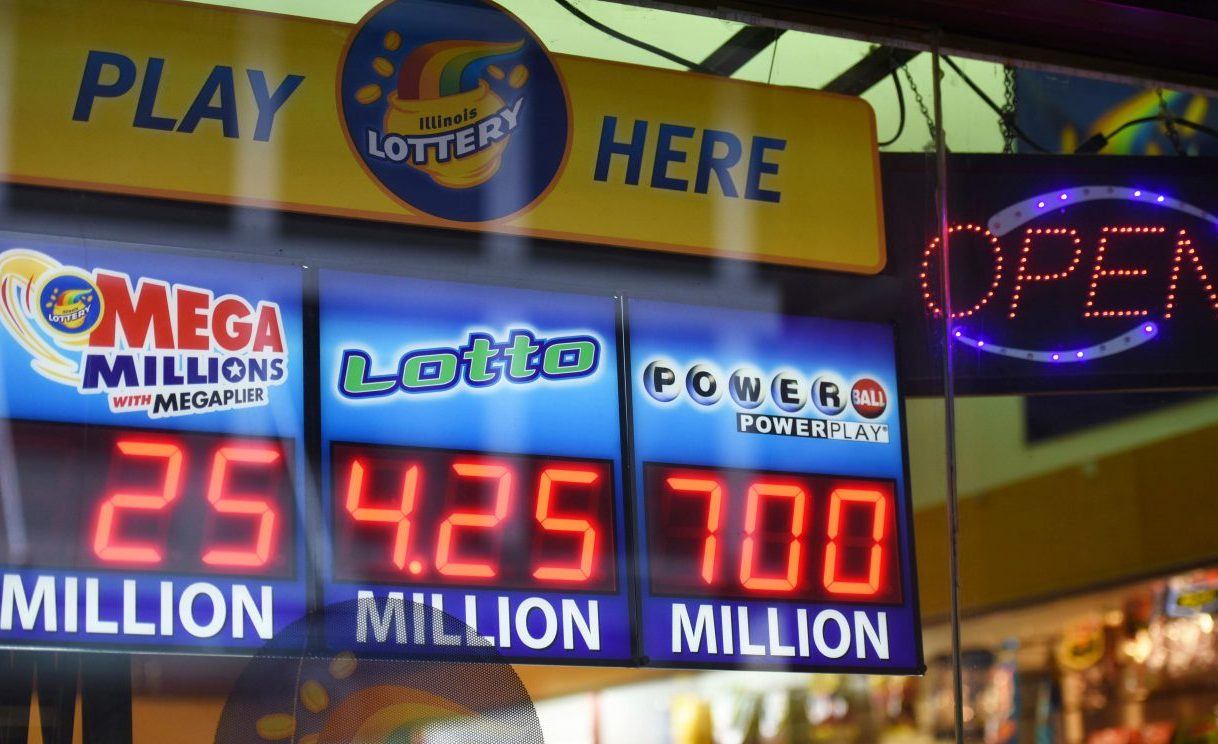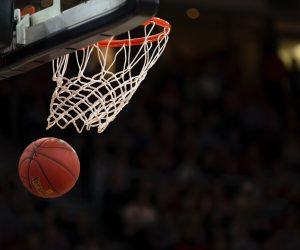US District Court Judge Paul Barbadoro ruled in favor of the New Hampshire Lottery Commission in its lawsuit against the federal government on Monday, saying that the Wire Act is limited in scope to sports betting, and does not apply to other forms of online gambling.

In the 60-page ruling, Judge Barbadoro granted summary judgement to the commission, setting aside a 2018 opinion from the Department of Justice’s Office of Legal Counsel that said the Wire Act was meant to cover all forms of interstate gambling.
Wire Act Ruling a Win for Lottery Industry
Lottery operators were concerned that the new interpretation could disrupt lucrative online ticket sales, as well as the two massive multi-state lotteries in the United States: Powerball and Mega Millions.
“We were very excited – I mean, not just our agency, but the entire industry,†New Hampshire Lottery executive director Charlie McIntyre told WMUR. “In 2018, they flipped and said it wasn’t OK, and everyone had 90 days to comply. We went online a few months before the decision and have been doing quite well with [online lottery sales.]â€
The reinterpretation of the Wire Act most directly threatened those multi-state lotteries and interstate online poker networks that clearly communicate across state lines in their operations. However, even intrastate operations were likely to be impacted, as the Wire Act prohibited the transmission related to “bets or wagers†over state lines, which might require all servers for online gambling operations to be within the state where that gaming was taking place.
The ruling is unlikely to be the last word on the subject, however. First, the Department of Justice may well choose to appeal the ruling, which appears to be a likely outcome. The next stop for the case would be in the First Circuit Court of Appeals, and many – including Judge Barbadoro – believe the case will ultimately be determined by the Supreme Court.
There’s also the fact that Judge Barbadoro agreed with the federal government that the relief granted applies only to the parties in this case. That leaves open the question of whether other operators or vendors could still be subjected to prosecution if they were seen as being in violation of the DOJ’s interpretation of the Wire Act.
“While we disagree with many of the views expressed in Judge Barbadoro’s ruling, we are happy that the scope of the opinion was confined to the parties involved,†the Coalition to Stop Internet Gambling said in a statement. “We are confident that other jurisdictions will see this issue very differently and our resolve to protect at-risk populations has only been strengthened by today’s decision.â€
No Obvious Impact on Sports Betting
The ruling should have very little – if any – direct impact on the sports betting industry in the United States.
Even under the 2011 interpretation of the Wire Act, sports betting was unambiguously covered by the statute. While there may still be legal questions ahead on exactly how the Wire Act will interact with a state-by-state online sports betting framework, nothing in Monday’s ruling was a clear positive or negative for sports bettors.
That doesn’t mean that further developments won’t be of interest to the industry, however. An environment where the Wire Act is more permissive of online gambling may encourage more state governments to approve sports betting and other forms of internet wagering, while a more restrictive reading of the law could serve to chill gaming expansion efforts.











